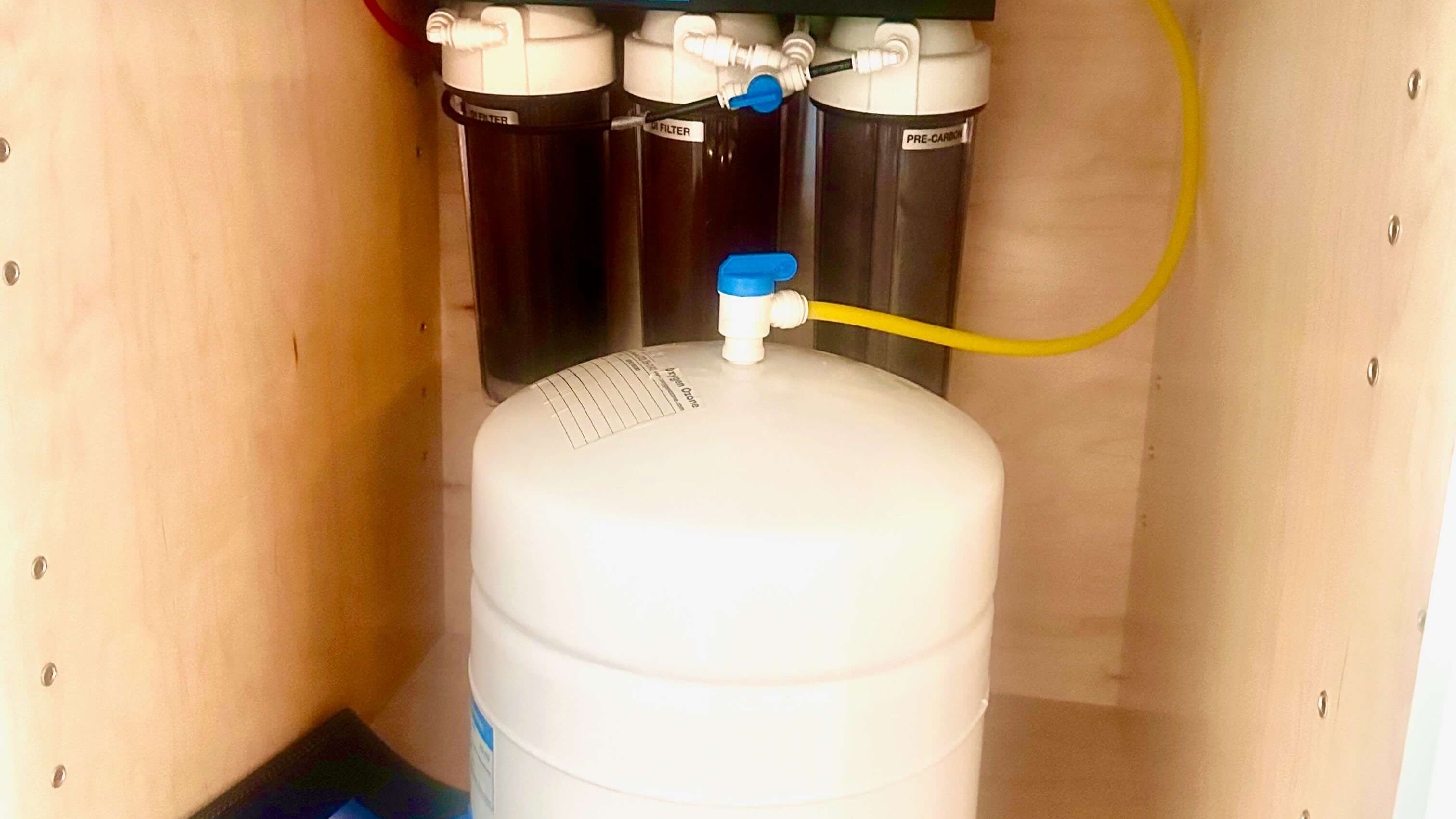
How to Choose the Right Water Filter for Your Home: A Complete Guide
Mar 21, 2017If you have ever looked into buying a water filter for your home, you know that choosing one can be immensely complicated. There is an incredible amount of information to sift through, and there are tough questions that need to be answered in order to find the right fit.
While trying to figure out the best filter, I spoke to experts and spent hours searching the internet for information, trying to understand the existing technology, and to gain an opinion of what filter was right for us.
For those wondering how to choose the right water filter, I’ve got a few tips to get you started. In this water purifier guide I share the important questions that should be answered before you start your search, and later, give some insight on what many experts say is the best technology available for water purification.
Questions to Consider When Choosing A Water Filter
When evaluating the most effective water filter for your water supply and budget, asking the questions below can help.
What Contaminants Need To Be Filtered?
Different types of water filters are capable of filtering out different contaminants, so before deciding on a filter, it is important to know what your city’s contaminants are. Even if you have great water that regularly meets all EPA and state standards, there is always room to improve the quality of the water we drink.
To find out what contaminants are common in your city’s water, take a look at your city’s annual water quality report from the US Environmental Protection Agency. This will include all contaminants detected in water (for the most recent year available) and will allow you to compare your city’s levels to the Department of Health and the EPA’s maximum contaminant level goal (MCLG.) While checking your city’s water quality report will give you a great idea of what is in your water, many contaminants (such as lead, a notorious neurotoxin) can leach from your pipes and taint your water before it leaves the faucet. The only way to know exactly what is in your tap water is to have it tested. Often county health departments can help you test your water, or you can have it tested by a state certified laboratory. For more information, visit the Safe Drinking Water Hotline at 800-426-4791 or by visiting this helpful site from the EPA.
Is a Point of Entry (POE) or Point of Use (POU) filter better suited for your home?
There are two types of water filters available for homes: Point of Entry filters (that will purify all the water entering your home,) and Point of Use (that will only filter one water source.) Brita and other pitcher filters are a great example of a Point of Use system! So which one is better? POE filters ensure safety, as no accidental contamination can occur through the use of an unfiltered water source. But, because they treat all of the water in the house, POE filters are more expensive and require more maintenance. If you feel that having all water purified, including that for the shower, laundry and toilet is unnecessary, a POU system may be the better choice.
What Should I Pay for Cost and Maintenance?
There are many things to consider when choosing the right water filter for your budget, including up-front costs, future maintenance and energy usage. Different filters vary greatly in cost, but you should consider all maintenance and energy costs as well when you are weighing your options.
What Do Experts Recommend?
When I asked the experts at the National Science Foundation (NSF) for their opinion on the best available water filtration system, first I was reminded that it very much depends on what contaminants need to be filtered out. However, generally speaking, experts say that reverse osmosis filters produce the purest water, and are even capable of removing pesticides and some pharmaceutical byproducts.
Reverse osmosis systems can be so efficient at purification that many feel that they filter out beneficial minerals as well, causing many to remineralize their water. They can also increase the corrosivity of water by reducing alkalinity, which can promote the leaching of metals from water pipes. To correct this, corrosion inhibitors may need to be installed.
Reverse Osmosis filters produce the purest water, but up to 80% of tap water may be discarded in the process. Thus, these filters are not a good option for those who want their systems to be eco-friendly. There are so many water filter options to consider, and a wealth of online information to help you decide which is best for your home. For more help and information, visit some of the resources below:



